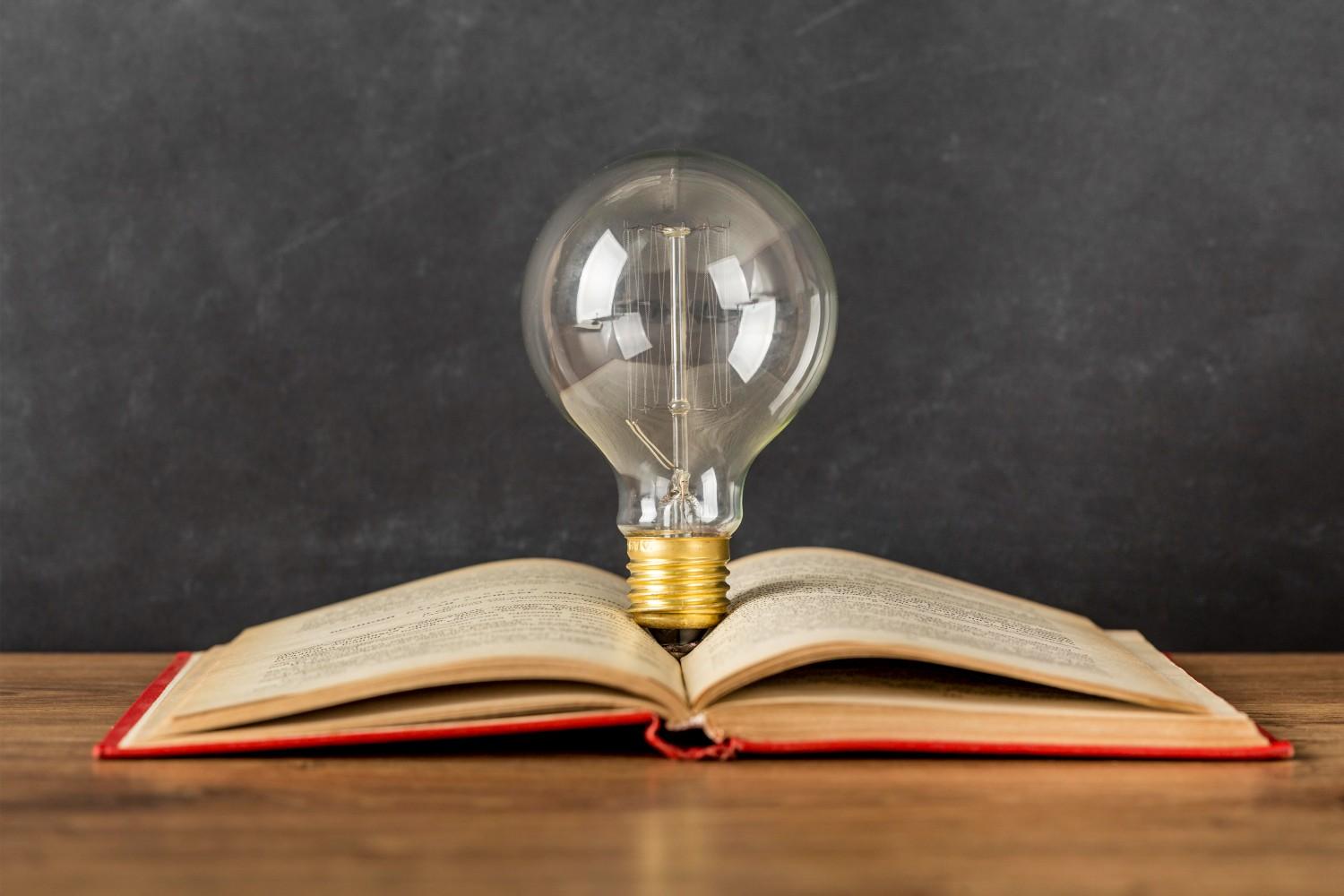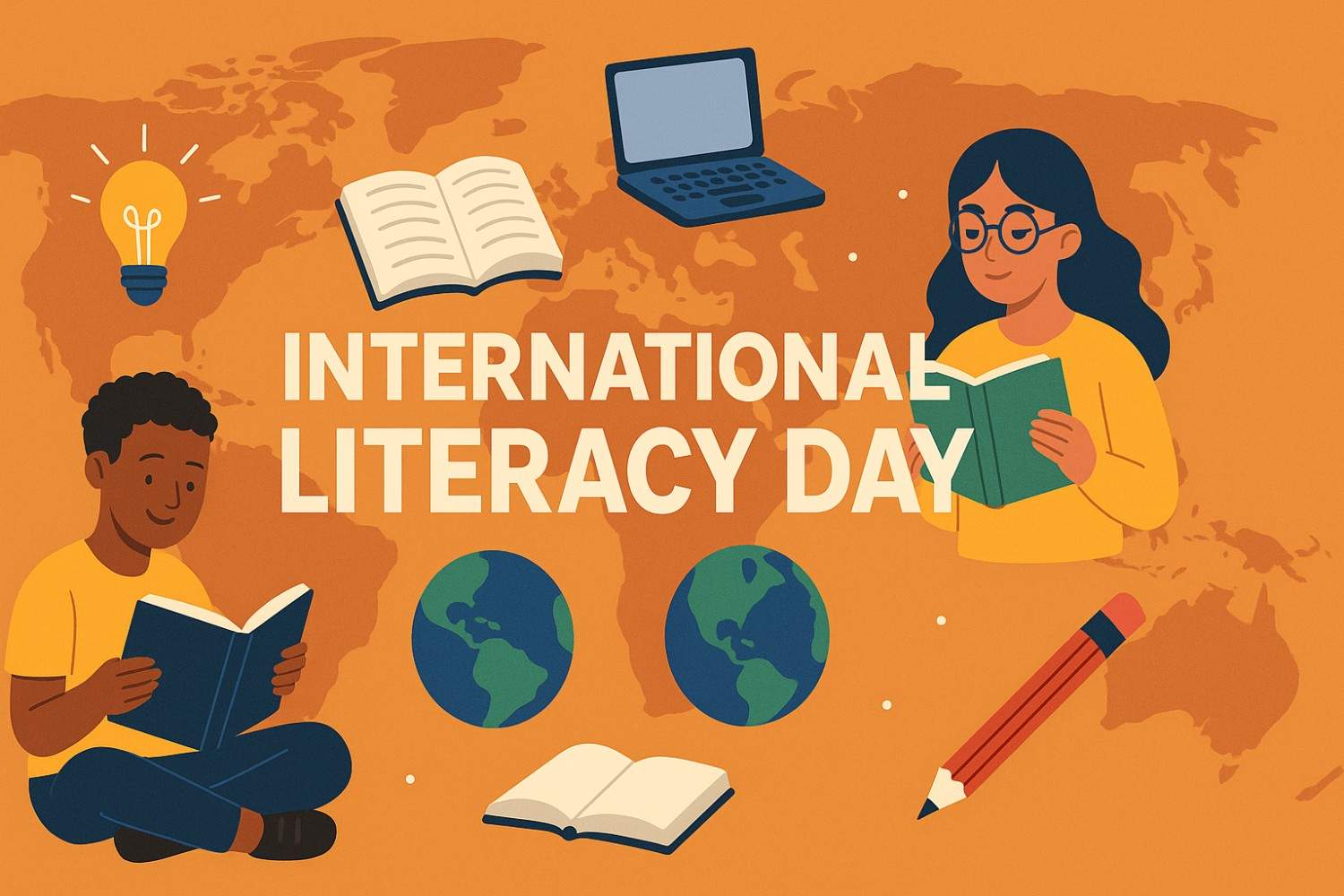International Literacy Day is more than a date on the calendar — it’s a global reminder that reading, writing, and communication are the cornerstones of human progress. Observed every year on September 8, this day highlights the essential role literacy plays in advancing equality, opportunity, and sustainable development.
What Is International Literacy Day and Why Do We Celebrate It?
First proclaimed by UNESCO in 1966 and first observed in 1967, International Literacy Day was established to raise awareness about the power of literacy in shaping lives and societies. It calls attention to the global challenges of illiteracy and encourages governments, organizations, and citizens to take collective action.
UNESCO emphasizes that literacy isn’t just about reading and writing — it’s about empowerment. It opens doors to better education, employment, civic engagement, and lifelong learning opportunities.
Why Literacy Still Matters in a Modern, Digital World

Literacy as a Universal Right
Literacy is recognized as a fundamental human right under the Universal Declaration of Human Rights. It enables individuals to think critically, participate fully in society, and make informed decisions about their lives.
Beyond Books — The Rise of Digital Literacy
In our technology-driven world, literacy now includes the ability to navigate digital spaces safely and responsibly. Understanding how to evaluate online sources, use technology effectively, and protect privacy has become just as crucial as reading a physical page.
The Ripple Effect of Literacy
Literate societies experience measurable improvements in health, gender equality, and economic growth. Literate individuals are more likely to access healthcare, participate in democracy, and lift their families out of poverty.
The Ongoing Challenges in Achieving Global Literacy

Unequal Access
Millions around the world still lack access to quality education due to poverty, displacement, gender inequality, or language barriers. Marginalized groups — especially women and rural populations — continue to face the highest illiteracy rates.
Quality of Learning
It’s not just about enrollment numbers. Many learners can read basic sentences but struggle with comprehension, critical thinking, or real-world application — a gap that limits their potential.
Digital Divide
While online learning has expanded access, it has also deepened inequalities. Not everyone has reliable internet access or the digital skills needed to benefit from online education.
How Different Communities Celebrate International Literacy Day

Government and Policy Initiatives
Governments often use this day to launch literacy campaigns, announce education reforms, or recognize outstanding educators and learners.
Community and School Programs
Schools and community centers organize reading marathons, storytelling contests, book drives, and writing workshops that promote learning in fun, inclusive ways.
NGO and Corporate Partnerships
Nonprofits and private companies frequently collaborate to fund libraries, mobile reading vans, and adult education programs — ensuring resources reach underserved areas.
Practical Ways to Celebrate International Literacy Day
1. Host a Reading Marathon
Organize community or virtual read-aloud sessions with volunteers, local authors, or students. It’s an engaging way to celebrate language and creativity.
2. Donate Books and Learning Materials
Start a neighborhood or online book drive. Focus on age-appropriate and multilingual materials to reach diverse readers.
3. Support Adult Literacy Programs
Volunteer as a tutor, or support organizations that teach reading and writing to adults — one of the most overlooked literacy groups.
4. Encourage Family Reading Time
Set aside 15 minutes each evening for shared reading. Create small home libraries or reading corners for kids.
5. Promote Digital Literacy
Host workshops or sessions that help participants fact-check online information, navigate educational apps, and protect personal data.
Frequently Asked Questions
1. When is International Literacy Day celebrated?
International Literacy Day is observed annually on September 8 to highlight literacy’s importance in fostering inclusive and sustainable societies.
2. Who started International Literacy Day?
It was established by UNESCO in 1966 and first celebrated in 1967. UNESCO remains the primary organization coordinating events and campaigns worldwide.
3. How can schools and communities participate?
They can organize book fairs, storytelling sessions, essay contests, and workshops. Schools can also partner with local libraries or NGOs to promote year-round reading programs.
4. Why is literacy important for sustainable development?
Literacy strengthens every Sustainable Development Goal (SDG) — from poverty reduction and gender equality to health, peace, and economic growth. Literate citizens are better equipped to adapt to change and drive progress in their communities.
A Word That Lasts Longer Than a Day
International Literacy Day isn’t just about reading — it’s about reaching. Reaching those who’ve been left out, those who want to learn, and those who can help others grow.
Every book donated, every story read aloud, and every lesson shared contributes to a more literate, empathetic, and informed world. Literacy is the bridge between potential and possibility — and every time we cross it together, the world gets a little brighter.




